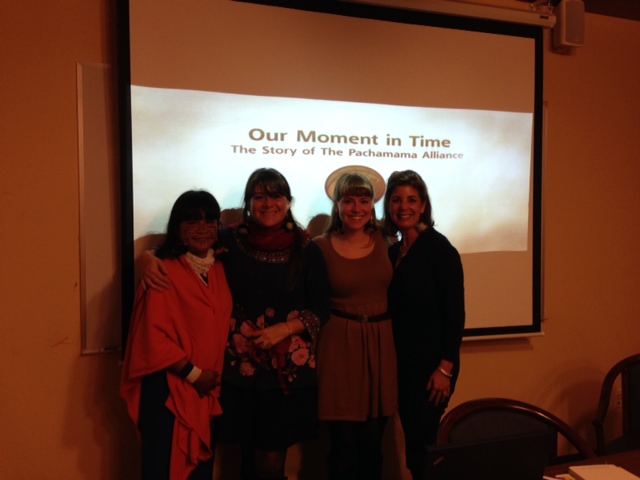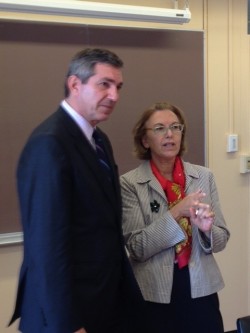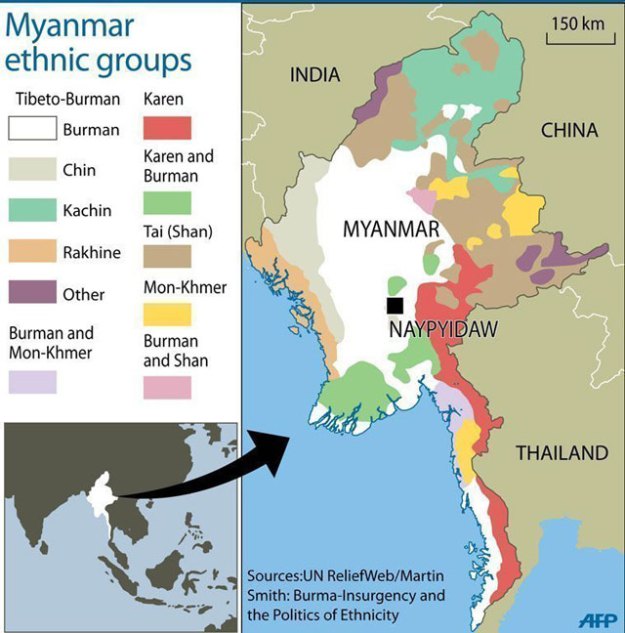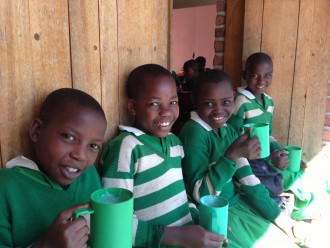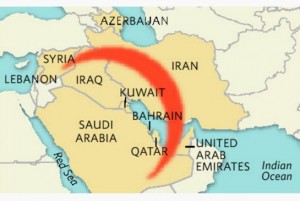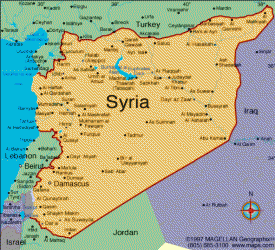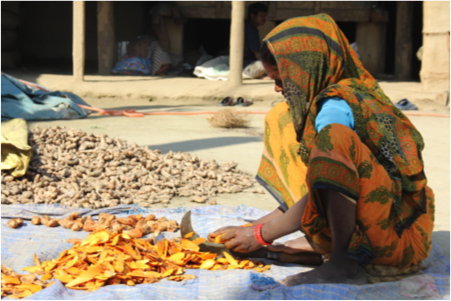
Chitwan National Park & the Displacement of Tharu Peoples
By Erica Bower, student at Columbia College
____________________________________________________________________________
The following Photo Essay is an excerpt from a post I wrote on my blog while studying abroad through Cornell Nepal Study Program (CNSP) in the spring of 2013.
Our stay in Chitwan National Park was truly a once in a life time experience—a scene straight from the discovery channel.
However, as incredible as this experience was from the perspective of a tourist, as a student of Human Rights and environmentally-induced displacement, Chitwan has an incredibly dark side.
In many ways, the case of Chitwan is the inverse of most instances of the environment-displacement under study in Nepal given that efforts for environmental protection, rather than environmental degradation, have caused massive displacement.
The brutal reality is that in order to create such a pristine National Park, the Nepali government has forcibly removed all of the Indigenous communities in the district.
The Tharu peoples have lived in the Chitwan region for hundreds of years, and have a rich cultural history...

